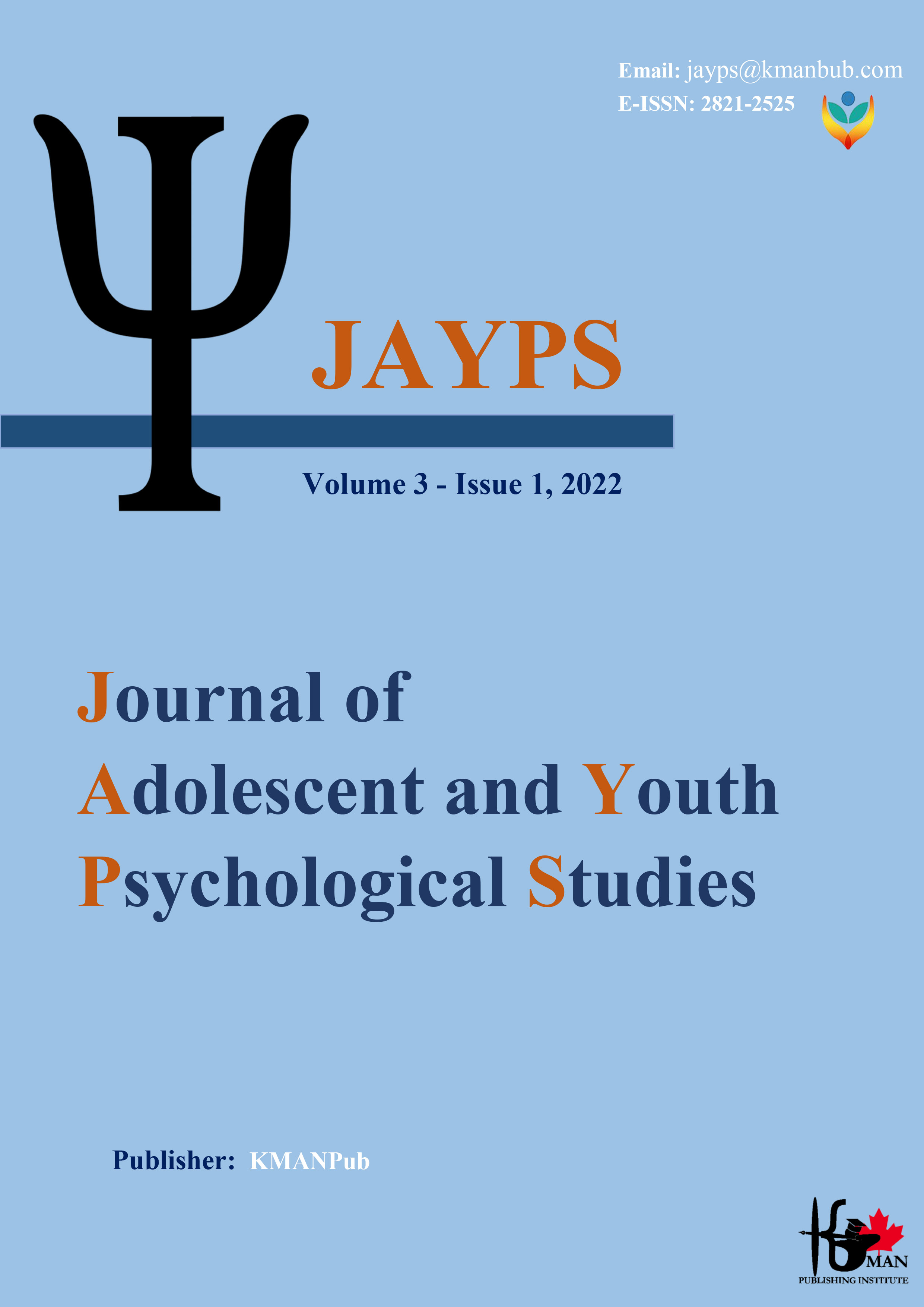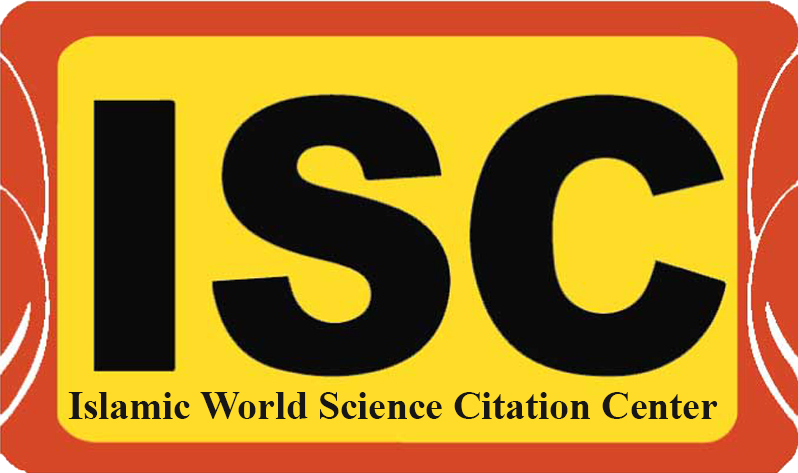The Effectiveness of Teaching vark Cognitive Learning Styles and Metacognitive Strategies on Students' Academic Motivation
Keywords:
Vark Cognitive learning styles, Metacognitive strategies, Educational motivationAbstract
Background and Aim: Research findings support the idea that academic motivation can be improved by providing appropriate models and training; Therefore, the aim of this research was to compare the effectiveness of teaching Wark's cognitive learning styles and metacognitive strategies on students' academic motivation. Method: This was a semi-experimental study with a pre-test-post-test and follow-up design with a control group. The statistical population of the research included all male high school students in Tehran in the academic year 2019-2019. Among them, 69 students were selected and assigned to three target groups (23 people in each group). Wark Fleming and Mills (1998) cognitive learning styles experiment group had ten sessions and Pentrich metacognitive strategies experiment group (2004) had eight 90-minute sessions. All three groups were evaluated in the three stages of pre-test, post-test and follow-up with Harter's academic motivation questionnaire (1981). The data were analyzed with the statistical test of repeated analysis of variance. Results: The results showed that the interventions of wark's cognitive learning styles and metacognitive strategies were effective on the internal motivation to learn (F=20.92, P=0.001) and the external motivation to learn (F=9.26, P=0.001) in both groups. Conclusion: According to the obtained results, these two strategies can be used to improve students' academic motivation and thus help reduce their stress in the learning process.
Downloads
Downloads
Published
Issue
Section
License

This work is licensed under a Creative Commons Attribution-NonCommercial 4.0 International License.























